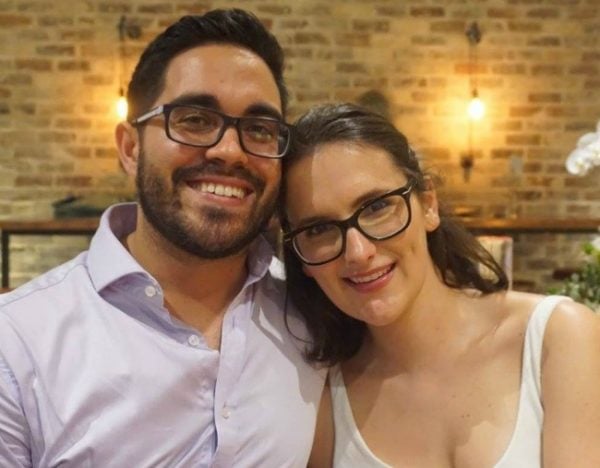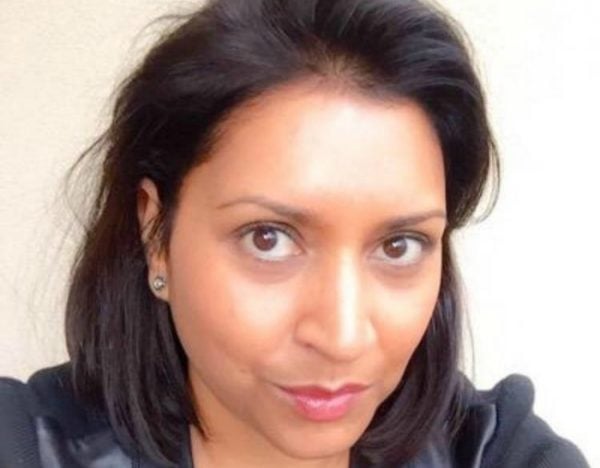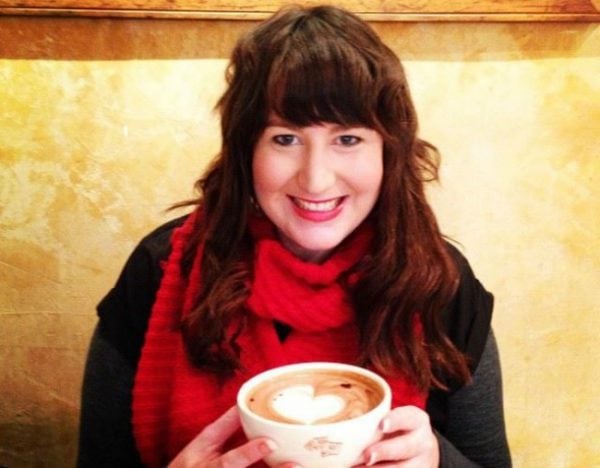

Now that we’re well and truly into the colder months of the year, full of big bowls of soup and cosy doonas, everyone around me seems to be obsessed with one thing: sleep. Are you getting enough? Is it the best quality? How can you get to sleep faster? The list goes on.
There’s an important reason for all of these concerns. Sleep has a huge impact on our overall health. Not getting enough sleep can lead to an increased chance of obesity, diabetes, high blood pressure, coronary heart disease, stroke and poor mental health.
In addition, you’re also more likely to be in a bad mood and be less productive. According to science, it all comes down something called the sleep-wake system: the brain switches these two systems on and off by releasing chemical messages during the day (for alertness) and night (for sleep). If these systems are out of balance it may result in sleep difficulties.
Considering that an estimated up to one in three Australians has trouble with sleeping, it’s no wonder many of us are concerned with how much we are getting (and the quality of it).
With that in mind, we asked four women in our team here at Mamamia to share their personal tips and tricks they use to get to switch that “awake” button off before bed. Have you tried any of these?
Valentina Todoroska – Managing Editor
































































































